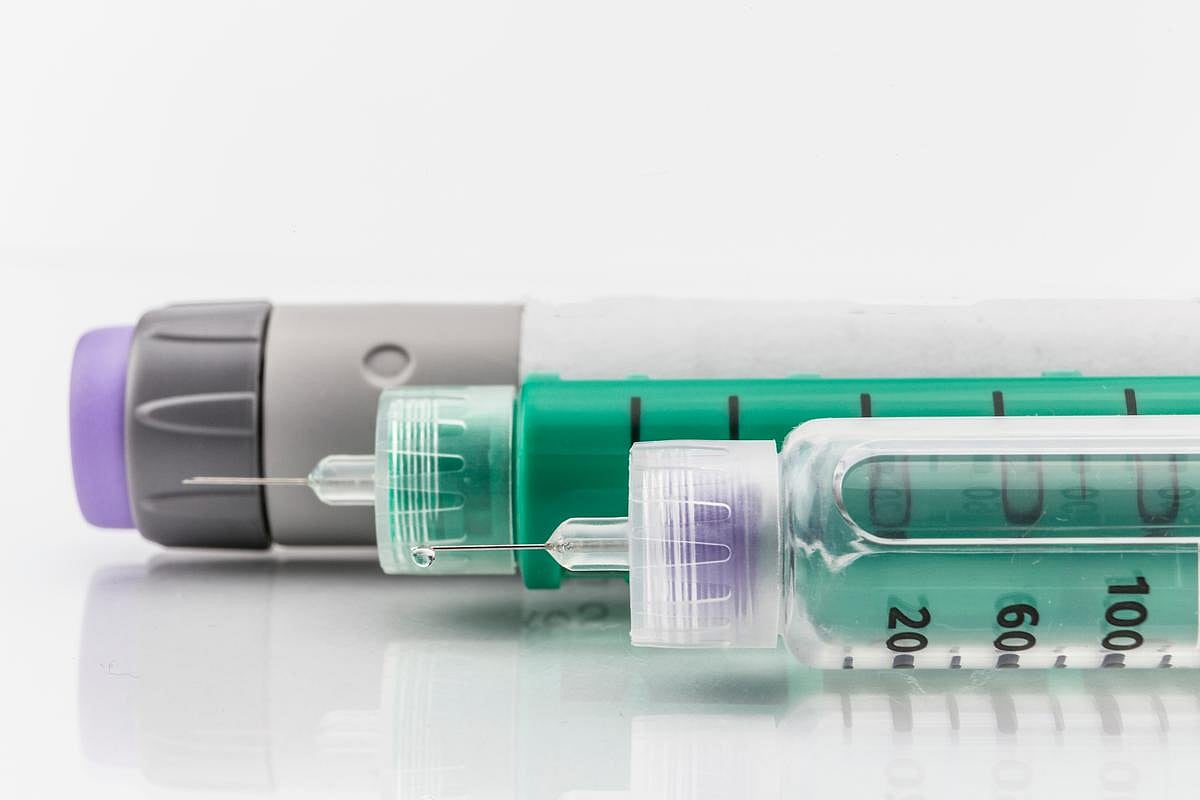No evidence seen to support GLP-1 receptor agonist exenatide as disease-modifying treatment for Parkinson disease
By Elana Gotkine HealthDay Reporter
FRIDAY, Feb. 7, 2025 (HealthDay News) — The glucagon-like peptide-1 receptor agonist exenatide does not yield improvement in measures of Parkinson disease severity, according to a study published online Feb. 4 in The Lancet.
Nirosen Vijiaratnam, M.D., from the University College London Queen Square Institute of Neurology, and colleagues conducted a phase 3, multicenter trial at six research hospitals in the United Kingdom involving patients aged 25 to 80 years with a diagnosis of Parkinson disease who were randomly assigned to receive extended-release exenatide 2 mg by subcutaneous pen injection once per week over 96 weeks or visually identical placebo (97 patients in each group).
The analyses included 92 patients in the exenatide group and 96 in the placebo group with at least one follow-up visit. The researchers found that the Movement Disorder Society-sponsored revision of the Unified Parkinson’s Disease Rating Scale part III score, off dopaminergic medication at 96 weeks, increased (worsened) by a mean of 5.7 and 4.5 points in the exenatide and placebo groups, respectively (adjusted coefficient for the effect of exenatide, 0.92; 95 percent confidence interval, −1.56 to 3.39; P = 0.47). Nine and 11 participants in the exenatide and placebo groups, respectively, had at least one serious adverse event.
“The results of this trial are discordant with previous laboratory and epidemiology data and previous trial results,” the authors write. “We aim to do further post-hoc analyses to try and explain the reasons for this inconsistency.”
Several authors disclosed ties to biopharmaceutical companies. AstraZeneca provided exenatide for the study.
Copyright © 2025 HealthDay. All rights reserved.








